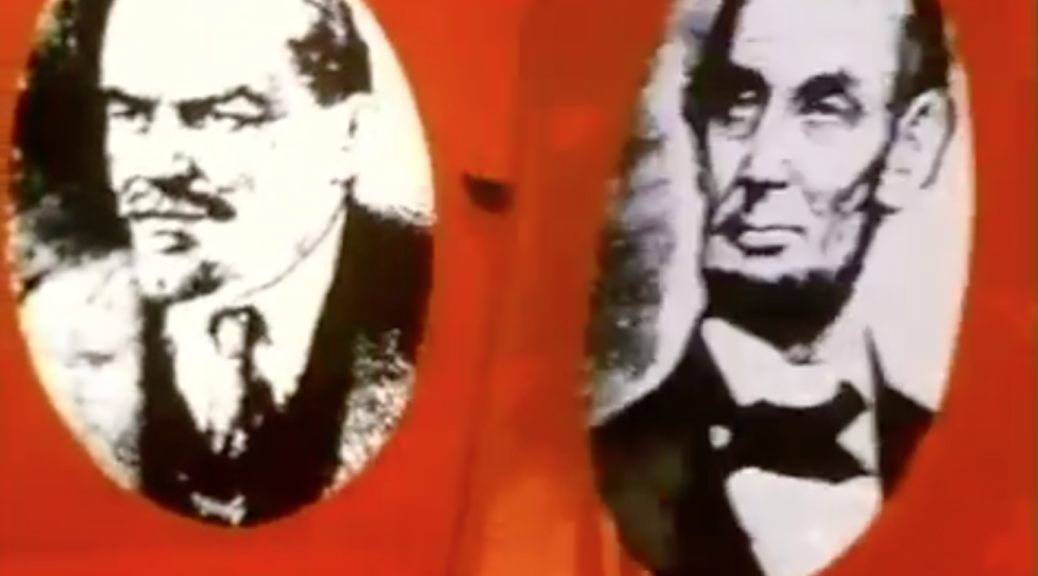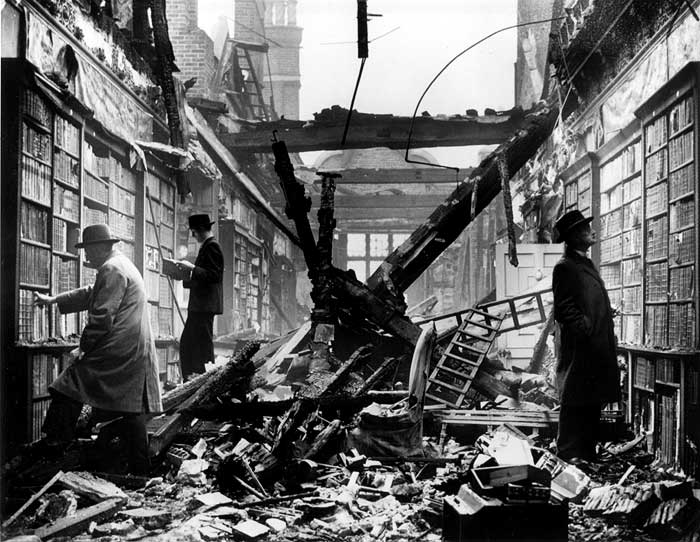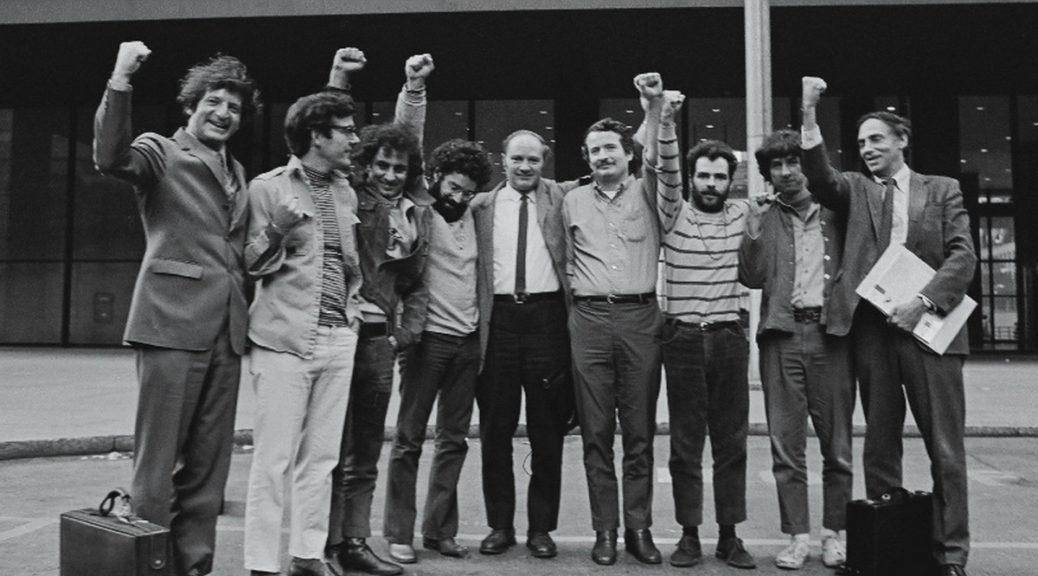Once upon a time, great lumbering beasts roamed the media landscape, crushing everything in their path and scoring great returns during sweeps week. These beasts were known as miniseries, and in the 1980s they ruled television’s earth. Following the success of Roots in 1977, every network strove to catch lightning in a bottle again by spending a tremendous amount of money and programming time on televisual epics. These productions were typically aired on successive nights so that it was necessary for viewers to tune in to the same station for an entire week (or longer). Many miniseries were based on popular novels, or dramatized historical epochs (or both), and they were often touted as not only entertaining but Very Important.
In 1987, ABC took a gamble and broke from this formula, banking on a miniseries that was neither adapted nor historical, but instead set in a dystopian future. This had been successfully done before—V, a miniseries depicting an alien invasion of Earth, had been a huge hit for NBC years earlier—but ABC’s production opted for a nightmarish future that seemed a little more plausible. The miniseries was called Amerika. Its premise: What if the Soviet Union took over the USA?
This fear-mongering concept might seem a McCarthyite relic to the modern reader, but while US-Soviet relations had warmed somewhat by the time Amerika was in production (glasnost and perestroika had already entered the lexicon), a fear of communist subversion on our side of the Atlantic remained. In the wake of the leftist Sandinistas’ victory in Nicaragua in 1979, many right wingers insisted that nation could be used as HQ for fomenting communist revolutions throughout the hemisphere, or maybe even act as a beachhead for a future Russian invasion. Ronald Reagan made a nationally televised address in 1986 to warn his fellow Americans that Nicaragua was “only two hours’ flying time from our own borders” and that the Sandinistas would allow the Soviets to “become the dominant power in the crucial corridor between North and South America”, which is why the US needed to give the CIA-backed anti-communist Contra forces whatever aid they wanted. (And also why the US needed to fudge the question of who was the real threat to human rights in the region.)
Amerika generated immense controversy even before it aired. Liberal journals warned it would damage US-Soviet relations, and that appeared to be quite likely when Moscow threatened to retaliate by shutting down ABC’s Russian news bureau. The network aired a Nightline-style program addressing the uproar, hosted by Ted Koppel and featuring a live town hall forum. (The miniseries became so “serious” that of course David Letterman had to take multiple shots at its self importance.)
I was recently reminded of the existence of Amerika, and the memory brought back the fear young-me felt when it first aired. I did not watch the miniseries back then, but I did see commercials for it and was vaguely aware of the hubbub around it . The idea of Amerika scared me as a sub-10 year old because frightening the public was clearly the intent of its creators, as exemplified by this promo.
Having now watched Amerika, I can say there was nothing to fear from the miniseries apart from death by boredom—even minus commercials it runs an agonizing 12+ hours yet somehow feels twice as long. However, Amerika has certain perspectives on, for lack of a better word, Americans’ ideas of American-ness that may seem eerily familiar to the modern viewer.
Continue reading Amerika the P.U.-tiful

